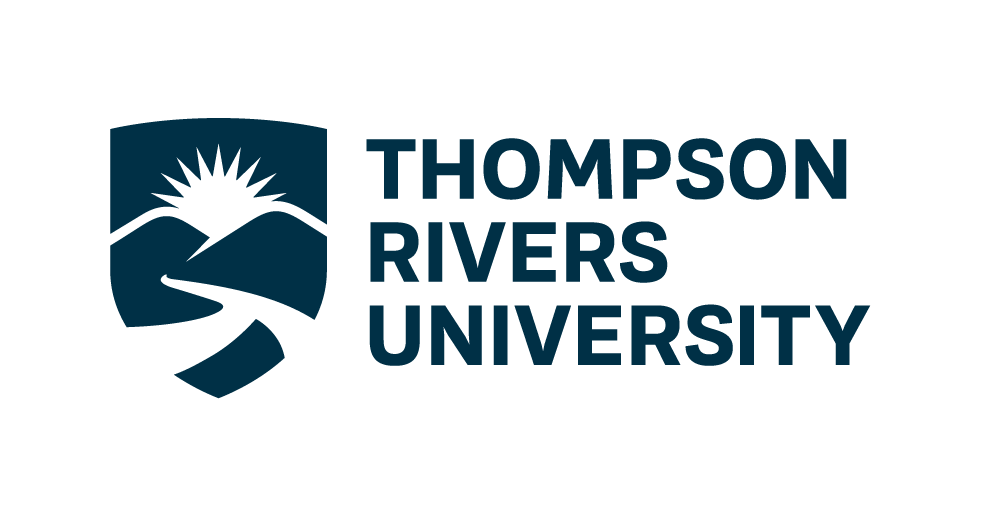A Journey Through Decolonization, Reconciliation, and Indigenous Resilience
Book Review: Lytton: Climate Change, Colonialism and Life before the Fire – A Journey Through Decolonization, Reconciliation, and Indigenous Resilience
DOI:
https://doi.org/10.29173/bcelnfe576Keywords:
#ClimateJustice, #Decolonization, #IndigenousResilience, #TwoEyedSeeing, #LandBasedLearningAbstract
Lytton: Climate Change, Colonialism and Life before the Fire by Peter Edwards and Kevin Loring explores the complex relationships between climate change, colonialism, and community resilience in Lytton, British Columbia. Once a central and thriving part of the Nlaka'pamux Nation, Lytton now symbolizes the complex effects of colonial disruption and environmental change, worsened by the devastating 2021 wildfire.
The book emphasizes Indigenous knowledge systems and the cultural significance of land stewardship, offering an integrated framework for learning rooted in traditional ecological knowledge and contemporary approaches. Storytelling plays a crucial role in this framework, serving as both a research method and a means of cultural preservation (Lewis, 2011). By embedding narratives within academic discourse, Indigenous communities assert their histories and knowledge systems in ways that counter colonial erasure. However, while storytelling is an essential tool for decolonization, it must also be supported by concrete policy frameworks to address systemic injustices (Alfred, 2009; Coulthard, 2014). While the book critiques colonialism, it does not engage deeply with land-back initiatives or Indigenous legal frameworks that ensure sovereignty beyond symbolic recognition (Alfred, 2009; Coulthard, 2014). Discussing legal precedents like the UN Declaration on the Rights of Indigenous Peoples (UNDRIP) could have enhanced its policy contributions.
This review builds on Tucker's (2024) earlier journalistic reflection in The British Columbia Review, which focused on the book's narrative style and accessibility for a general audience. In contrast, this review takes a scholarly approach, situating Lytton: Climate Change, Colonialism and Life Before the Fire within academic discussions on decolonization, Indigenous methodologies, and climate justice. While the book amplifies Indigenous voices, it overlooks governance models like co-managed conservation areas that assert sovereignty beyond colonial systems (Simpson, 2017; Pasternak, 2017). This review critically examines storytelling, land-based learning, and Two-Eyed Seeing, integrating scholarly sources to assess its academic and policy contributions. It also critiques the book's lack of concrete policy pathways and limited engagement with Indigenous governance, highlighting both its strengths and areas for further development. Ultimately, the book contributes to decolonization and climate justice by using storytelling to foster empathy and bridge Indigenous methodologies with sustainable practices.
References
Alfred, T. (2009). Wasase: Indigenous pathways of action and freedom. Broadview Press.
Coulthard, G. S. (2014). Red skin, white masks: Rejecting the colonial politics of recognition. University of Minnesota Press.
Edwards, P., & Loring, K. (2024). Lytton: Climate change, colonialism and life before the fire - A journey through decolonization, reconciliation, and Indigenous resilience. Random House Canada.
Elders Council for Parks. (2022). John McCandless and the Stein Valley [PDF]. Retrieved from https://www.elderscouncilforparks.ca/wp-content/uploads/2022/05/John-McCandless.pdf
Lewis, P. (2011). Storytelling as research/research as storytelling. Qualitative Inquiry, 17(6), 505-510. https://doi.org/10.1177/1077800411409883
Marshall, A., Marshall, M., & Bartlett, C. (2012). Two-eyed seeing in the classroom environment: Concepts, approaches, and challenges. Cape Breton University Press.
McGregor, D. (2021). Traditional ecological knowledge and climate change: Contributions of Indigenous knowledge to adaptation and mitigation strategies. Environmental Science & Policy, 115, 99-106. https://doi.org/10.1016/j.envsci.2020.09.017
McAllister, S. (2019). From sacred to public: A hidden place into the Stein Valley Nlaka'pamux Heritage Park. South Atlantic Quarterly, 118(4), 911-935. https://doi.org/10.1215/00382876-7825726
Reibold, K. (2022). Settler colonialism, decolonization, and climate change. Journal of Applied Philosophy. https://doi.org/10.1111/japp.12573
Pasternak, S. (2017). Grounded authority: The Algonquins of Barriere Lake against the state. University of Minnesota Press.
Peltier, C. (2018). An application of two-eyed seeing: Indigenous research methods with participatory action research. International Journal of Qualitative Methods, 17. https://doi.org/10.1177/1609406918812346
Simpson, L. B. (2017). As we have always done: Indigenous freedom through radical resistance. University of Minnesota Press.
Tucker, A. (2024, July 26). Scorched memories [Review of the book Lytton: Climate change, colonialism and life before the fire, by P. Edwards & K. Loring]. The British Columbia Review. https://thebcreview.ca/2024/07/26/2245-tucker-loring-edwards/
Published
How to Cite
Issue
Section
Categories
License
Copyright (c) 2025 Future Earth: A Student Journal on Sustainability and Environment

This work is licensed under a Creative Commons Attribution-NonCommercial-ShareAlike 4.0 International License.
Authors retain copyright and grant the journal the right of first publication, with the work licensed under a Creative Commons Attribution-NonCommercial-ShareAlike (CC BY-NC-SA) License. This license allows others to share and adapt the work, provided proper attribution is given to the original author and the work's initial publication in this journal, and that it is used for non-commercial purposes under the same terms. Authors may also enter into separate, additional agreements for the non-exclusive distribution of the journal's published version of the work (e.g., posting it to an institutional repository or including it in a book), with proper acknowledgement of its original publication in this journal.
Authors are encouraged to post their work online (e.g., in institutional repositories or on their personal websites) both prior to and during the submission process, as this can foster productive exchanges and increase the visibility and citation of their work (See The Effect of Open Access).



